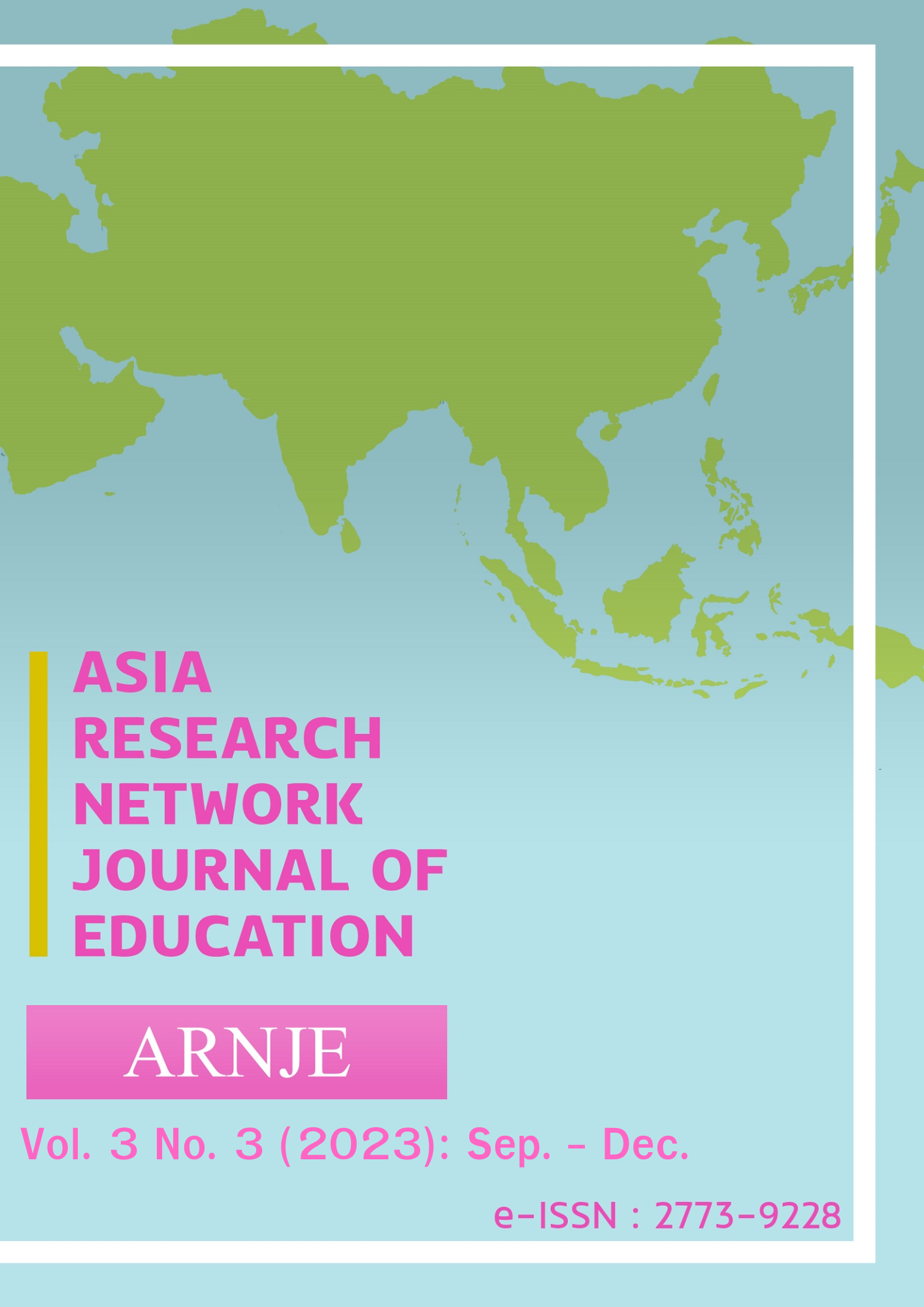ICNSF-Honor Society: Adopt a Learner Program In Aid of the Learning Gap Experienced by the ICNSF Learners
Main Article Content
Abstract
This research was undertaken to give aid to the learning gap of the learners caused by the two-year lockdown brought about by the global pandemic. The intervention was crafted under the leadership and supervision of the EsP Club-ICNSF Honor Society which is the official school organization for honor students. The Senior High School members of the club were the ones tasked to do the remediation under the Adopt a Learner Program by the said club. In observance of the “No Disruption of Classes” Policy of the Department of Education, the Chairman and Club Adviser handed a letter stipulating the purpose of the program as well as the schedule for the remediation which was set every second period of their LRCP that ran for three consecutive months (October-December 2022) which was then approved by the school administration. Because of the number of available SHS club members the ratio of the remedial was at minimal thus arriving at a small sample size (n=8). The participants were from the JHS department and were chosen as identified by their respective classroom advisers as learners having academic challenges. The study measured the effectiveness of the program in relation to the learners’ academic performance and class participation as observed by their class adviser with their class record and anecdotal as the primary basis for their responses to the survey form they answered. The results showed that effectiveness and class participation increase and the relationship are statistically significant τb = .260, p=.473. This implies that, as per observation by their adviser, their performance in the classroom has improved and is moderately attributed to the intervention provided-the adopt a learner program. However, Effectiveness and Improved Academics were not found to be significant which is constant to the perception of the participants.
Article Details

This work is licensed under a Creative Commons Attribution-NonCommercial-NoDerivatives 4.0 International License.
Copyright: CC BY-NC-ND 4.0
References
AAhawo, H.A., Simatwa, E.M.V. (2017). Governmnent and Parents Contribution to Co-curricular Resources in Ehnacement of Girls’ Academic Performance in Kenya: A Case Study of Siaya County. http://www.journalcra.com/sites/default/files/issue-pdf/24626.pdf
Allen, K.A., Gray, D.L., Baumeister, R.F., Leary, M.R. (2021). The Need to Belong: A Deep Dive into the Origins, Implications, and Future of a Foundational Construct. https://doi.org/10.1007/s10648-021-09633-6
Anjum, S. (2021). Impact of Extracurricular Activities on Academic Performance of Students at Secondary Level. International Journal of Applied Guidance and Counseling 2(2):7-14 http://dx.doi.org/10.26486/ijagc.v2i2.1869
Arhin,V., Ampofo, S.Y., Segbenya, M., Somauh, B.A., Minadzi, V.M., Dankyi, L.A., Agyei, P.M., Dankyi, J.K., Laryea, J.E., Brown, P. (2021). Effect of Face-To-Face Tutoring on Academic Performance of Distance Learners: Implications for Educational Practice
Azad, M., Chauldhry A., Rathore, k., (2018). Relationship between Co-curricular Activities and Exam PerformanceL Mediating Role of Attendance. https://files.eric.ed.gov/fulltext/EJ1210004.pdf
Cabrejas, M.M. & Mendoza, R.O., (2013). Assesing the Role of Clubs and Organizations in the Holistic Development and Well-Being of the College Students in the Flexible Learning Modality. British. British Journal of Multidisciplinary and Advanced studies: Education, Learning, Training & Development 4(2) 52-65. https://doi.org/10.37745/bjmas.2022.0135
Collings, L.K (2020). The Impact of Extracurricular Activities and High School Students [Master’s Thesis, Bethel University]. Spark Repository. https://spark.bethel.edu/etd/132?utm_source=spark.bethel.edu%2Fetd%2F132&utm_medium=PDF&utm_campaign=PDFCoverPages
Garcia, H., Garza, T., & Yeaton-Hromada, K. (2019). Do we Belong? A conceptual for International Students’ Sense of Belonging in Community Colleges
Jha, A.K., Rai, P., & Joshi, G.P. (2019). Status of Co-Curricular and Extra-Curricular Activities in Primary Schools in Nepal
Kamau, A.W., Rintagu, E.G., Bulinda, M.H. (2020). Influence of Participation in Competetive Co-Curricular Activities on Self-Concept of Secondary School Students in Kenya. https://doi.org/10.5923/j.sports.20201005.02
Keriga, L., & Burjra, A. (2019). An Evaluation and Profile of Education in Kenya Social Policy, Development, and Governance in Kenya.
Laraib., Sami, A., Ifran, A., (2020). Academic Achievement of College Students on Co-Curricular Activities
Mars, H. (2022). The Impact of Participation in Co-Curricular Activities on Academic Performance and Retention Utilizing Data Collected for the Co-Curricular Transcript. https://scholar.stjohns.edu/cgi/viewcontent.cgi?article=1412&context=theses_dissertations
Othoo, H.A., & Omondi, K. (2022). Impact of Students’ Involvement in Co-Curricular Activities on Academic Performance in Gem SubCounty, Siaya County, Kenya.
Ritchie, G.M., (2018). The Impact of Academic Co-Curricular Activity Participation on Academic Achievement: A Study of Catholic High School Students
Sumague, R.P., (2023). Influence of involvement in clubs and organizations on the leadership development of students. https://doi.org/10.30574/wjarr.2023.17.2.0228
Wang, J., & Shiveley, J. (2019). The Impact of extracurricular activity on student academic performance.


